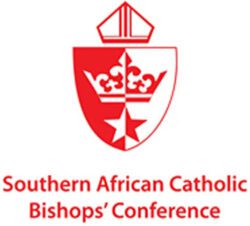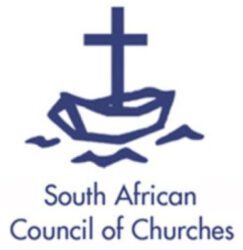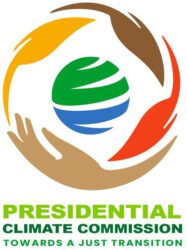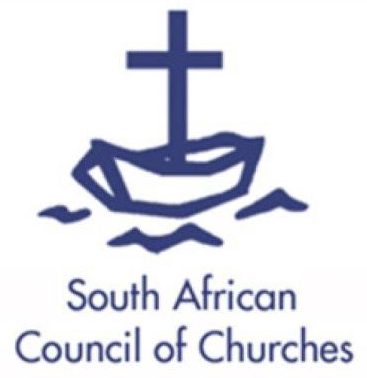The Climate Commission’s plans to join hands with faith-based associations and their member affiliates as part of the commission’s consultations on the implementation of the Just Transition Framework, the Energy Plan as well as the Just Energy Transition Investment Plan (JET-IP). The first engagement will be in the form of the Faith Leaders Dialogue, which will be held on 8 March 2023 in Johannesburg with other provinces joining, online to facilitate discussions between the Climate Commission and the religious community for the reason of ensuring full understanding of what the JET-IP is.
Again, the dialogue seeks to capacitate participants on the JET-IP and how the various faith communities can participate in the implementation of the Just Transition, while sourcing commitments from the religious bodies that they will collaborate with the commission on mass education and awareness campaigns for the Just Energy Transition.
The commission added that the Faith Leaders Dialogue, which will be hosted in a hybrid form, will bring together a diversity of faith leaders to engage on Just Transition pathways and to future collaboration on the country’s climate response and transition to a low carbon economy. The dialogue is in line with the commission’s reason for being, which includes consulting far and wide to make sure that as South Africa gears up for a just energy transition, all social partners are on the same page.
“The Presidential Climate Commission’s core mandate is to facilitate consensus between social partners around a just transition, aiming to build a shared perspective on what it means to achieve a just transition and what it will take to get there. In delivering this mandate, the PCC has focused on deepening the evidence base for just and equitable climate action, promoting understanding through targeted communications, and engaging with all stakeholder groups openly and transparently,” the commission said.
Participating bodies include the South African Council of Churches, the Southern African Faith Communities’ Environment Institute and the Southern African Catholic Bishops’ Conference.
The South African Council of Churches exists to lead common Christian action in issues of social and economic justice, national reconciliation, integrity of creation, eradication of poverty and the empowerment of all those who are spiritually, socially and economically disadvantaged. Another partner, the Southern African Faith Communities’ Environment Institute, is a multi-faith organisation committed to supporting faith leaders and their communities in Southern Africa to increase awareness, understanding and action on eco-justice, sustainable living and climate change.
The Southern African Catholic Bishops’ Conference has anointed the Catholic Parliamentary Liaison Office as its official vehicle for contact and dialogue between the Catholic Church in South Africa on the one hand, and the country’s Parliament and government on the other, providing a platform for debates on issues of public policy, politics, legislation and other social concerns.
“The World Council of Churches in 1975 included the phrase ‘sustainable society’ in describing its vision and social agenda in terms of a ‘Just Participatory and Sustainable Society’.
“To this end, the Dialogue is a platform to mobilise for ethical leadership from all in power and speak out on issues of eco-justice, encouraging citizen action, it is one amongst many of the infant steps towards working with faith leaders and the millions of their members ” concluded the Climate Commission.






Follow @SundayWorldZA on Twitter and @sundayworldza on Instagram, or like our Facebook Page, Sunday World, by clicking here for the latest breaking news in South Africa. To Subscribe to Sunday World, click here



